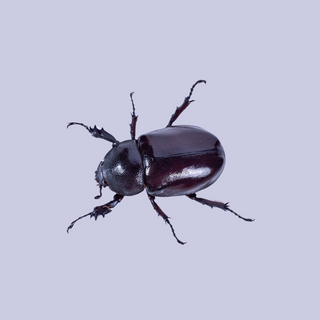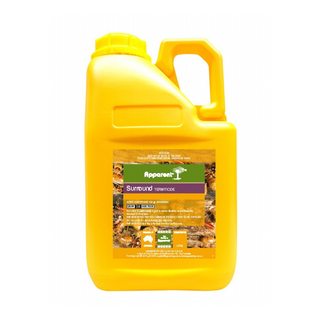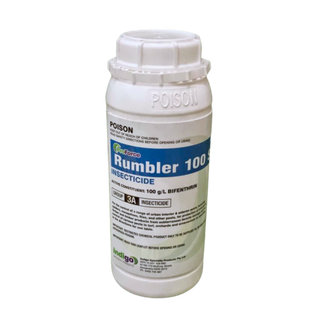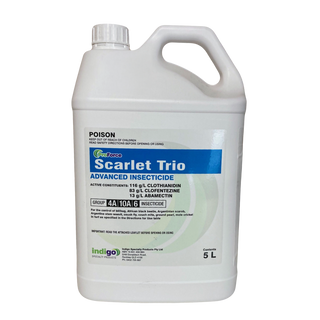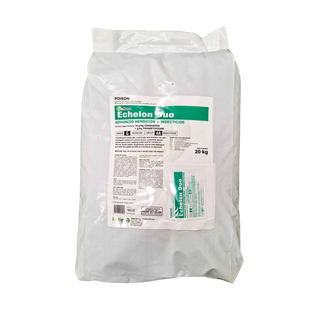Latin name: Heteronychus arator
Originating from the southern regions of Africa, the African Black Beetle (Heteronychus arator) made its way to Western Australia's coastal areas around the 1930s. It has since become a notable pest capable of inflicting considerable harm on a diverse range of horticultural crops. The beetle affects both the adult beetles and their larvae, which poses problems for both farmers and gardeners.
Understanding the African Black Beetle requires a deep dive into its identification features, life cycle, and the most effective management strategies. The primary challenge stems from the adult beetles that reside in the soil, while the larvae, spending three to four months underground each year, also contribute to the problem.
The African Black Beetle's presence can lead to substantial economic losses, given its broad spectrum of plant targets. It attacks pastures, including newly sown ryegrass, and perennial grass species like couch and kikuyu. Cereal crops such as barley, triticale, and wheat are not spared, although oats are less frequently targeted. Forage crops, both irrigated and non-irrigated, like millet and maize, are at risk, as are vegetable crops like potatoes. Even grapevines, olives, trees in truffle orchards, decorative plants, and newly planted blue gums face threats. While the larvae may cause less economic damage, they remain a concern for turf and underground crops like potato tubers.
Adopting a comprehensive management strategy to manage the African Black Beetle threat effectively is crucial. This should include regular infestation monitoring, applying selective insecticides when needed, and practising good cultural management to deter beetle colonization. With vigilant application of integrated pest management techniques, it's possible to reduce the impact of these pests and ensure the continued health and yield of horticultural crops.
SOLUTIONS:
- Contact: Apparent Surround, Proforce Scarlet Trio, or Proforce Rumbler 1000SC, Proforce Echelon


